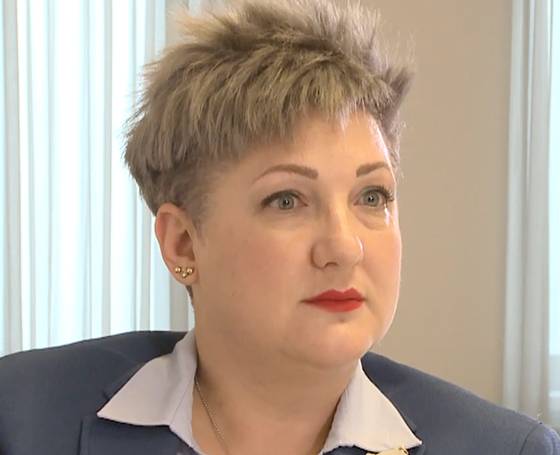The High Risk Digestive Tumour Prevention and Consultation
"Patients with hereditary colon cancer syndrome may present tumours in other areas of the digestive system or in other organs. For this reason, their follow-up in a specialised unit is indispensable".
DR. Mª TERESA HERRAIZ BAYOD PERSON IN CHARGE. THE HIGH RISK DIGESTIVE TUMOUR PREVENTION AND CONSULTATION UNIT

The High Risk Digestive Tumour Prevention and Consultation Unit is composed of a multidisciplinary team of experts in the diagnosis and treatment of diseases of the digestive tract.
In 20% of patients affected by colon cancer, there is a close relative (parents, siblings or children) diagnosed with colon cancer.
Between 3-5% of colon cancer cases correspond to well-determined hereditary cancer syndromes, in which it is recognised at what age polyps or tumours can appear, what their evolution is, what surgical treatments should be applied and the risk of developing other tumours outside the colon that should also be monitored.
The characteristics by which a patient's profile may correspond to one of the three most frequent hereditary syndromes already determined are well-known and the presence of some of the genes responsible for this predisposition is verified.

Who is it aimed at?
Patient diagnosed with colorectal
colorectal cancer before the age of 50.
Patient with several tumors in the colon or rectum, appearing at the same time or at different times.
Patient with a first-degree relative < 60 years
diagnosed with colorectal cancer.
Patient with at least two or more first-degree relatives with colorectal cancer diagnosed at any age.
Patient or family members diagnosed with colon polyps at a young age, <45 years, or with multiple polyps (+10) at any age.
How it works
Consultation with the specialist
After an exhaustive clinical interview with special attention to family history, the patient has a consult with our specialists.
Genetic analysis
In case the genetic study is to be carried out, it is only necessary to take 10 ml. of blood from the patient and then proceed to sequence the genome.
Results
After the results are obtained, the patient visits the specialist once again in order to assess the results and decide, if necessary, on the best therapeutic option.
Do you need to request a consultation with one of our specialists?
The Colorectal Cancer
The Clínica Universidad de Navarra has extensive experience and excellent results in the treatment of colorectal cancer.
In 98% of the patients the disease was controlled and the overall survival rate reached 90%.
Hereditary syndromes
Nowadays, up to five genes can be studied in the laboratory. There are two, which have already been proven to be directly responsible for the incidence of the type of colorectal cancer characterized by polyposis.

The APC gene
The probability of suffering from the disease in patients who are carriers of APC mutations is close to 100%, so it may be advisable to remove the colon as a preventive measure.

The MYH Gen
In the case of the MYH gene, determining the probability of inheriting the alteration is more complex. It does not affect individuals from two successive generations (parents and children), but occurs in relatives of the same generation.

The Lynch Syndrome
It is especially common in families where three members are diagnosed with colon cancer in two successive generations. Patients with Lynch syndrome have a 70-80% risk of colon cancer, therefore a detailed follow-up is very important.
Our team of professionals
An international reference laboratory
Precision medicine
CIMA LAB Diagnostics
CIMA LAB Diagnostics is currently an international reference centre for the genetic diagnosis of digestive tumours.
It has the Cytometry and Genomics Units that have the most up-to-date techniques in molecular diagnosis.
We help our patients overcome their stories
Your testimonials encourage us to continue improving our services.







